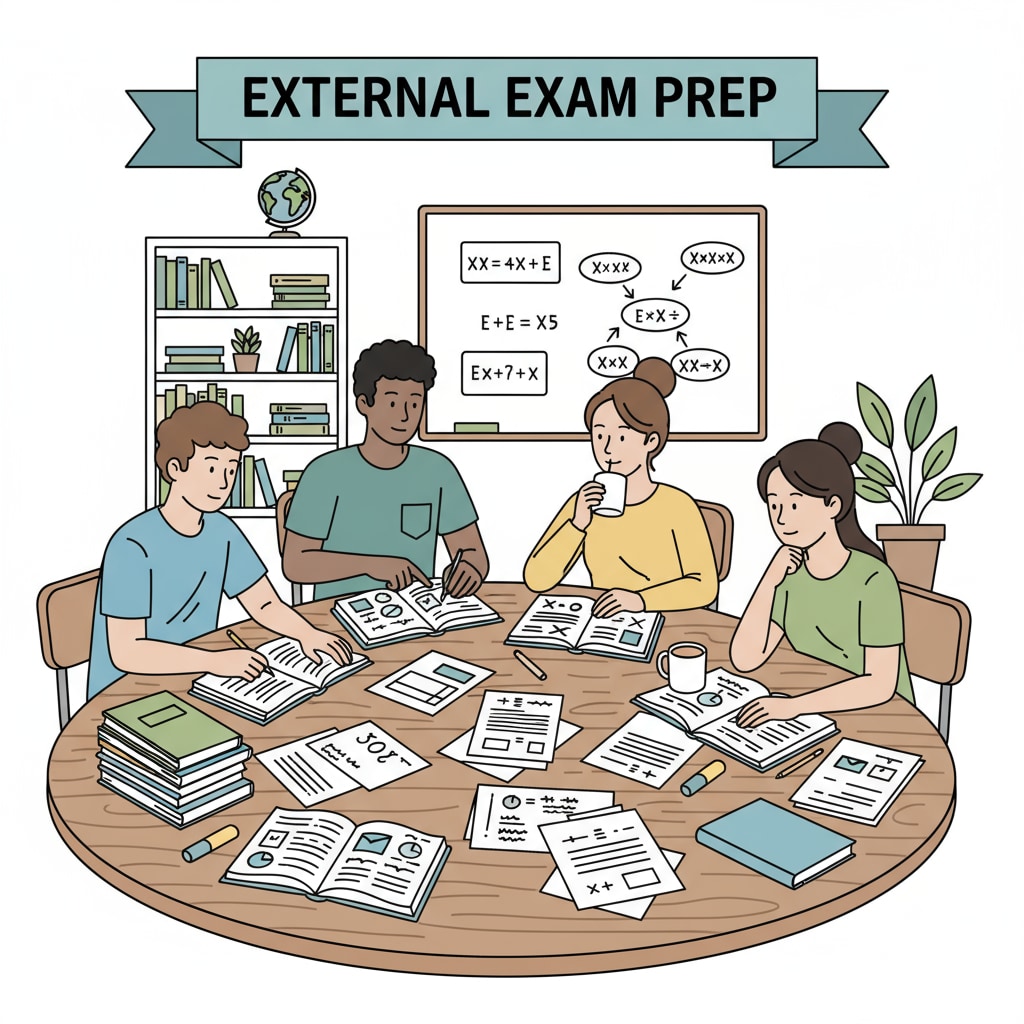Academic rigor, external exams, and college applications are crucial elements for high school students, especially those in non-rigorous school environments. These students often face challenges in presenting themselves competitively to colleges. However, with the right strategies, they can overcome these obstacles and stand out in the college admissions process.

Understanding the Impact of Non-Rigorous School Environments
In a non-rigorous school environment, the curriculum may lack depth and challenge. This can lead to students not being fully prepared for the academic demands of college. For example, the courses might not cover advanced topics or require high-level critical thinking skills. As a result, students may struggle to demonstrate their academic potential to college admissions officers. According to Britannica, a solid educational foundation is essential for college success, and a non-rigorous school environment can pose a significant hurdle.
Utilizing External Exams for Academic Validation
External exams are a powerful tool for students in such situations. Tests like the SAT Subject Tests or AP exams can showcase a student’s knowledge and skills beyond what is taught in their regular school curriculum. By performing well on these exams, students can prove their academic rigor. For instance, taking an AP Biology exam and achieving a high score indicates a deeper understanding of the subject. Students can prepare for these exams through self-study or by enrolling in external review courses. Wikipedia’s page on standardized tests provides more information on different types of external exams and their significance.

Course Transitions and Enrichment
Another strategy is to consider course transitions. Students can explore online courses or dual enrollment programs at local colleges. These options offer a more rigorous academic experience. For example, enrolling in a college-level math course through a dual enrollment program can expose students to advanced concepts and teaching methods. In addition, online platforms like Coursera and edX offer a wide range of courses that can enhance a student’s knowledge base and demonstrate their initiative for learning.
The Power of Self-Study
Self-study is a key component in developing academic rigor. Students can independently explore topics of interest, read academic books, and participate in online forums. This not only deepens their understanding of various subjects but also shows colleges their self-motivation and love for learning. For example, a student interested in history can read classic historical works and engage in discussions with other history enthusiasts online. This kind of self-driven learning can set a student apart in the college application process.
In conclusion, students in non-rigorous school environments can take proactive steps to improve their chances of success in college applications. By focusing on academic rigor through external exams, course transitions, and self-study, they can build a strong personal profile and present themselves as competitive candidates. Academic rigor, external exams, and college applications are intertwined, and with the right strategies, students can turn any educational situation into an opportunity for growth.
Readability guidance: Using short paragraphs and lists helps summarize key points. Each H2 section has a list-like structure where possible. The proportion of passive voice and long sentences is controlled, and transition words are added throughout the text to enhance flow.


